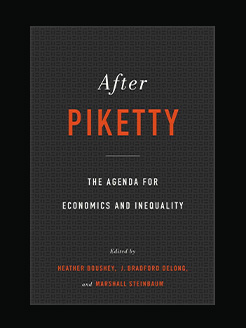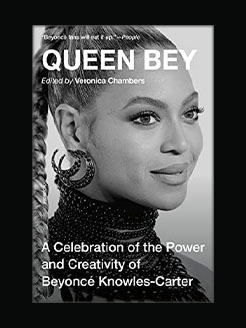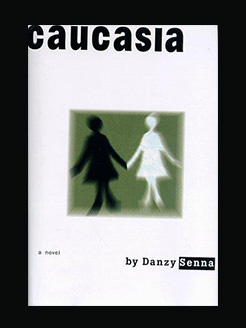Published in 2019
200 pages
Tsedale M Melaku, is a Sociologist and postdoctoral research fellow at the Institute for Research on the African Diaspora in the Americas & the Caribbean (IRADAC) at The Graduate Center, City University of New York. Her research focuses on how race and gender affect advancement in traditionally white institutional spaces, and how white racial framing and systemic gendered racism play a critical role in the experiences of women of color within organizations. She is particularly interested in the intersection of race, gender, and class and how they jointly operate on the experiences of black women in the workplace. Currently she is theorizing invisible labor and its impact on marginalized individuals in the workplace. Has received her Ph.D. and M.Phil. in Sociology from The Graduate Center, City University of New York and her B.A. in Sociology and Africana Studies from New York University.
Ethiopian born New Yorker, Bronx raised, and Harlem resident. Scholar mama raising two beautiful boys with scholar dad.
What is this book about?
This book highlights how race and gender create barriers to recruitment, professional development, and advancement to partnership for black women in elite corporate law firms. Utilizing narratives of black female lawyers, this book offers a blend of accessible theory to benefit any reader willing to learn about the underlying challenges that lead to their high attrition rates. Drawing from narratives of black female lawyers, their experiences center around gendered racism and are embedded within institutional practices at the hands of predominantly white men. In particular, the book covers topics such as appearance, white narratives of affirmative action, differences and similarities with white women and black men, exclusion from social and professional networking opportunities and lack of mentors, sponsors and substantive training. This book highlights the often-hidden mechanisms elite law firms utilize to perpetuate and maintain a dominant white male system. Weaving the narratives with a critical race analysis and accessible writing, the reader is exposed to this exclusive elite environment, demonstrating the rawness and reality of black women’s experiences in white spaces. Finally, we get to hear the voices of black female lawyers as they tell their stories and perspectives on working in a highly competitive, racialized and gendered environment, and the impact it has on their advancement and beyond.







